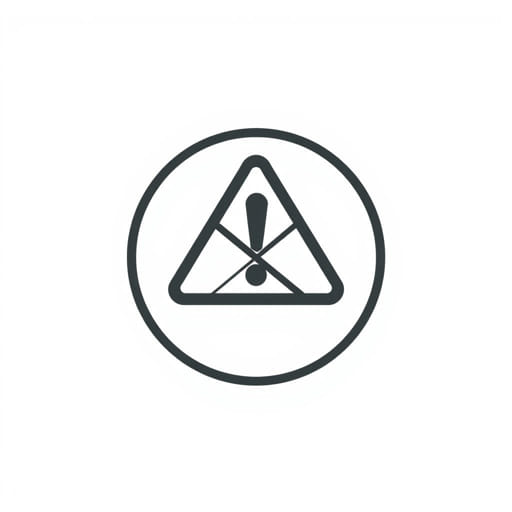In professional environments, especially in sports, employment, and corporate sectors, certain behaviors are classified as unacceptable due to their potential to harm the reputation or operations of the organization. One such classification is called conduct detrimental. This term is frequently used in contracts, codes of conduct, and disciplinary guidelines to describe actions that, while not always illegal, negatively affect the organization or undermine its values. Understanding what constitutes conduct detrimental is essential for both employees and employers to maintain standards of professionalism and integrity.
Definition of Conduct Detrimental
Conduct detrimental refers to behavior by an individual often an employee, athlete, or contractor that damages the interests, image, or functioning of the organization they are associated with. The term is intentionally broad and flexible, allowing organizations to apply it to a wide range of actions that might not be explicitly listed as infractions but are still harmful in context.
Key Elements of Conduct Detrimental
To qualify as conduct detrimental, the action must generally meet the following criteria:
- It negatively affects the reputation or operations of the organization.
- It violates internal policies, even if not illegal under national law.
- It breaches the trust between the individual and the organization.
- It may be used to justify disciplinary action, including fines, suspensions, or termination.
Examples of Conduct Detrimental
To better understand what is meant by conduct detrimental, consider the following examples from different sectors:
In Professional Sports
In leagues like the NFL, NBA, or MLB, conduct detrimental is often cited when athletes engage in behavior that damages the league’s public image. This could include:
- Public outbursts or inappropriate comments on social media.
- Violent altercations off the field.
- Violation of team rules or league policies.
- Drug or substance abuse scandals.
Such behavior may result in suspensions or fines, even if the conduct doesn’t result in legal charges.
In the Workplace
Employers may cite conduct detrimental when an employee acts in a way that harms the company’s internal culture or external relationships. This might involve:
- Leaking confidential information to competitors or the media.
- Harassing coworkers or creating a hostile work environment.
- Using company resources for personal gain in an unethical way.
- Engaging in conduct that leads to negative publicity for the employer.
In Academic or Nonprofit Institutions
Even in non-corporate settings, individuals can be penalized for conduct detrimental. For example:
- A professor making offensive remarks that harm the university’s public standing.
- A nonprofit executive engaging in financial mismanagement.
- Board members acting against the interests of the organization’s mission.
Legal and Contractual Implications
The term conduct detrimental often appears in contracts and employee handbooks as a condition that can lead to disciplinary action. It is especially common in:
- Employment contracts with morality clauses.
- Professional athlete contracts.
- Union agreements and collective bargaining agreements.
Because the phrase is somewhat subjective, it can be used flexibly by management or team owners to enforce standards of behavior. However, it also opens the door to disputes if the person accused of detrimental conduct believes the action was misinterpreted or handled unfairly.
Subjectivity and Controversy
One of the most debated aspects of conduct detrimental is its subjectivity. What one employer considers detrimental might seem minor or excusable to another. This vagueness can lead to disagreements and even legal challenges if the employee or athlete feels that disciplinary actions are not justified.
Challenges to Accusations
Individuals accused of conduct detrimental may argue:
- The conduct was outside of work hours and unrelated to their role.
- There was no clear policy violated.
- Disciplinary action was inconsistent with how others were treated.
These defenses are often used in arbitration or legal proceedings, particularly when reputational harm is alleged but not substantiated.
Prevention and Best Practices
Organizations can take proactive steps to reduce ambiguity around what constitutes conduct detrimental:
Clear Policies
Employers should outline behavioral expectations and examples of conduct that could be deemed detrimental. A clear code of conduct helps reduce confusion and strengthens the organization’s case when disciplinary actions are necessary.
Training and Education
Regular training sessions can help employees or team members understand the types of behavior that are not tolerated. This includes explaining how off-duty conduct can still impact the organization’s reputation.
Consistent Enforcement
Applying consequences evenly and fairly is key to avoiding allegations of bias or discrimination. When discipline is handled consistently, it reinforces the organization’s commitment to ethical behavior.
Conduct detrimental is a broad yet important concept used to maintain discipline, reputation, and ethical standards in organizations of all types. While the phrase may appear vague, its real-world implications are serious. Whether you are an employee, athlete, contractor, or executive, understanding the boundaries of acceptable conduct is essential to avoiding penalties and preserving professional relationships. By adhering to clear behavioral expectations and engaging with policies transparently, both individuals and institutions can safeguard their integrity and avoid reputational harm.
